The Evolution of Black
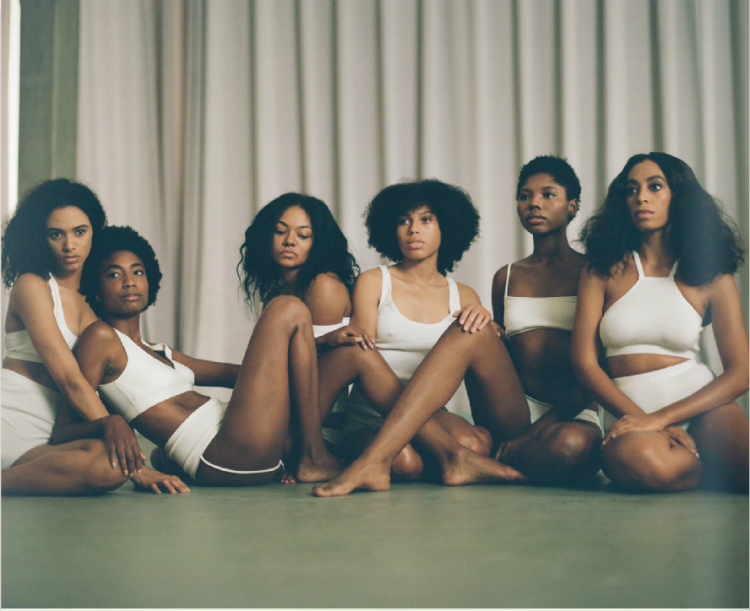
Have you ever had low self esteem because of your skin color? Have you ever hid behind makeup too light for your skin tone so you could appeal to the masses? Have you ever bleached your skin as if it's dark color were a cancer to cure? Or put damaging chemicals in your hair to conform to European standards of beauty?
Imagine withstanding the burden of these issues on a daily basis because every magazine we see has a white woman on the cover, emphasizing that as the "perfect" image of beauty. Growing up in an urban community, curls and kinks were hidden under hair extensions or weaves and perms were were all the rage. I was always nervous to wear my natural curls or a bare face out in public. Many young women in the black community hid behind what everyone claimed beauty to be; long, straight hair with a "beat face" so fitting in would become easier.
There wasn't and still isn't a happy medium to this paradox of beauty. Natural hair didn't conform to these European standards of beauty we were used to seeing but a weave or extensions weren't real enough for those who liked "natural hair." Guys wanted a girl with said "good hair" but our natural hair wasn't good enough and weaves didn't please them either. Worst of all, dark skin was frowned upon even within our own black community. What then is beauty? Apparently it is confusion, frustration and conformity.
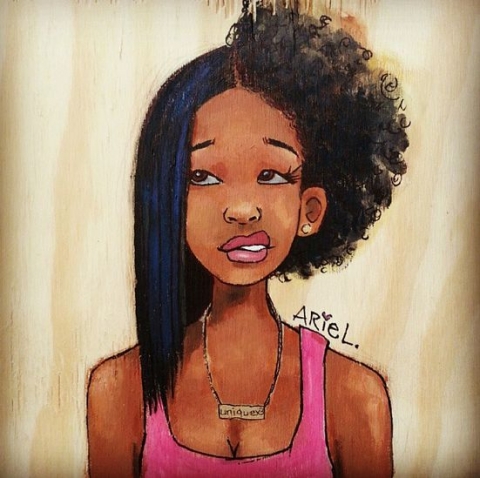 Image credit: Pinterest
Image credit: Pinterest
As times are gradually changing, especially in the world of fashion, there has been a paradigm shift in the evolution of beauty. I see on social media or in magazines how black women are starting to embrace their misunderstood beauty, proudly wearing natural hair and flaunting the tan of their melanin rich skin. Our beauty, once deemed undesirable, was now accepted and embraced.
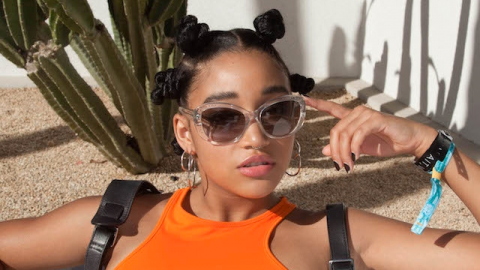
Image Credit: Hype Hair
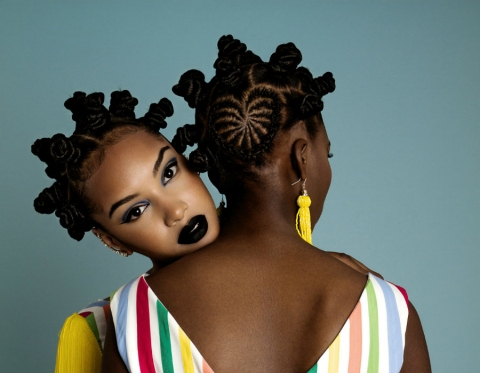
Image Credit: Life Guardian
Trend casters predict fashion trends years in advance. They are inspired by everything from an art exhibit to roaming communities to observe street style, often transformed into runway looks by designers. The consumer market place helps shape everything from the economy to popular culture but sometimes, trends start from people's daily lives and filter into the media.
We are living in an unfolding and important cultural moment in which the media is interpreting "black pride" as a fashion fad, as if black people are celebrating their culture for attention or to encourage activism instead of embracing their roots, literal and metaphorical, after centuries of oppression.
What the media fails to recognize is that just because black fashion is enjoying the spotlight right now does not mean it wasn't quietly celebrated in black communities before. Not only are black women embracing this "trend" towards black hair styles and fashion, ironically, the very groups whose beauty standards for so long silenced black beauty are embracing it as well.
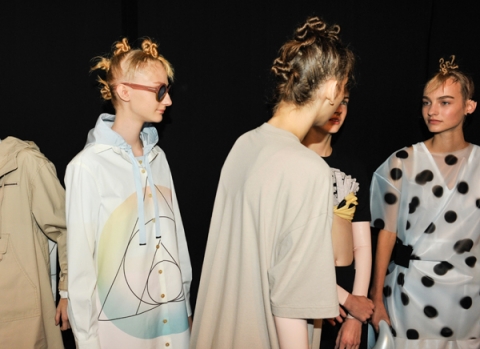
Image credit: Paper Magazine
We are living in a time where cultural appropriation is intensifying. Bantu knots, cornrows, box braids, dashikis and everything else that is not a part of traditional white American culture are finding their way into the mainstream fashion industry. Valentino had two white models rocking cornrows on the runway and zero black models with cornrows. Marc Jacobs models wore bantu knots during the SS '15 Marc by Marc Jacobs show just before Mane Addicts created a tutorial on how to create these "mini buns" inspired by the designer.
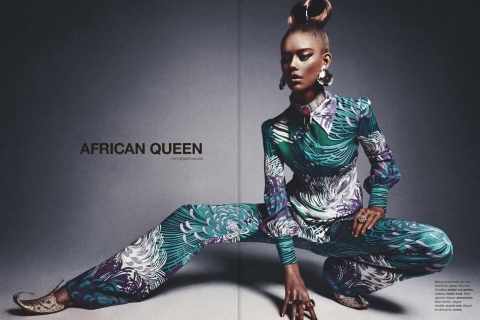 Image Credit: Kazzledazz.com
Image Credit: Kazzledazz.com
Not only are these styles worn by models, inconceivable to those of us who ever struggled to accept our beauty, but by European models. Nowadays, models even tan to appear darker to emulate the African Diaspora, treating black culture as if it were a discovery, not acknowledging that these "styles" were actually emblems of beauty in the black community.
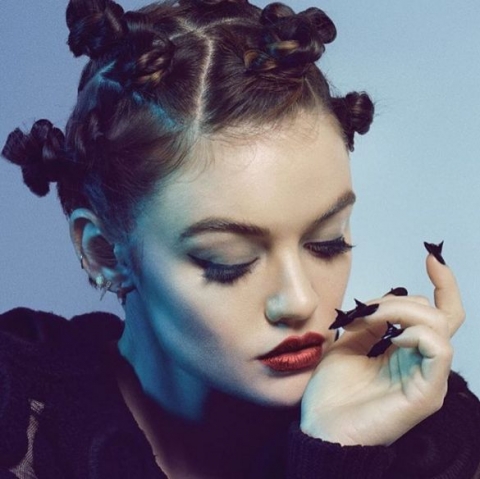 Image Credit: Paper Magazine
Image Credit: Paper Magazine
When did being black start being a trend?
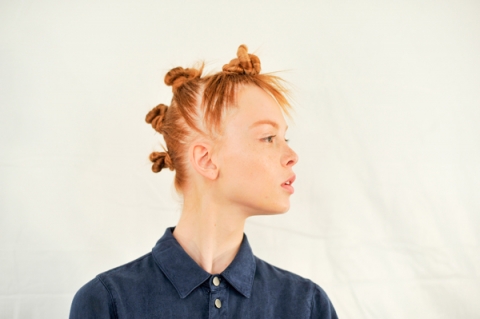 Image Credit: Paper Magazine
Image Credit: Paper Magazine
"Fist up, Fro's out!" declared signs young women in Africa held up celebrating being able to wear their natural hair in school, but furthermore, celebrating their beauty and birthright. From Alicia Keys taking a stance flaunting her bare face to Tracee Ellis Ross who has always embraced her natural fro to all the black women who have been liberated from those stifling insecurities; we cannot strip away who we are! Even when the videos stop posting, when the hash tags stop trending and when the world stops looking, we will still be here. Being black is not a trend, it is who we are!
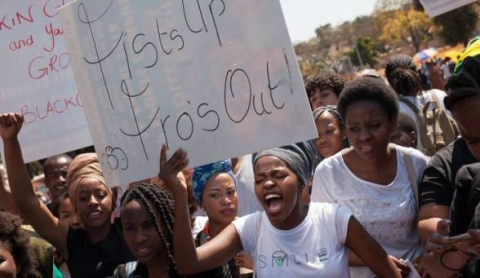 Image Credit: lipstickandraybans.wordpress.com
Image Credit: lipstickandraybans.wordpress.com
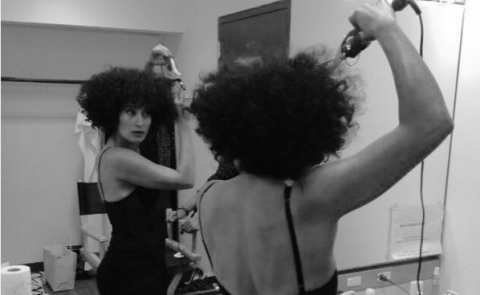 Image Credit: Instagram @traceeellisross
Image Credit: Instagram @traceeellisross
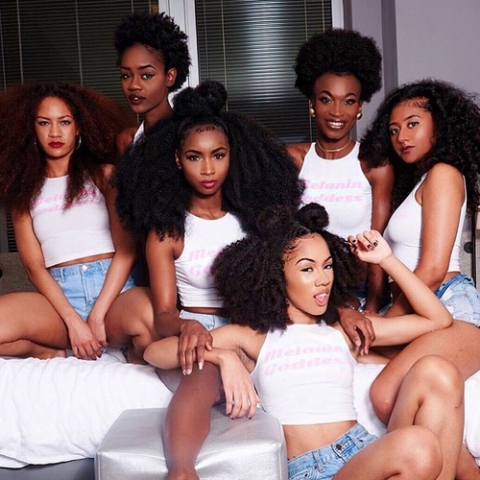 Image Credit: weheartit.com
Image Credit: weheartit.com







